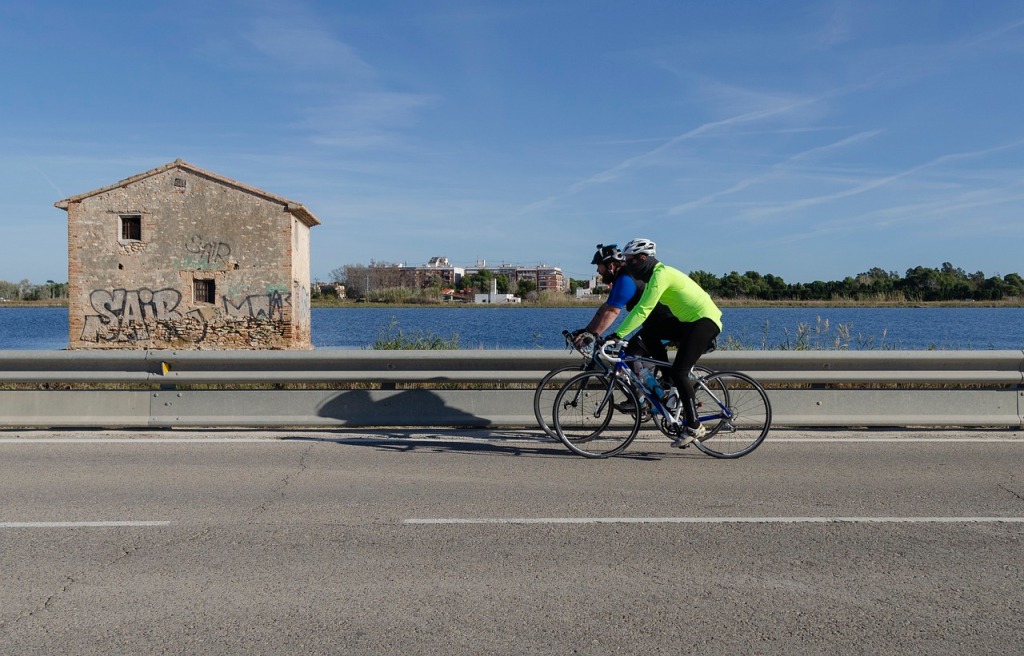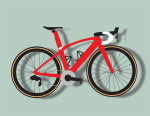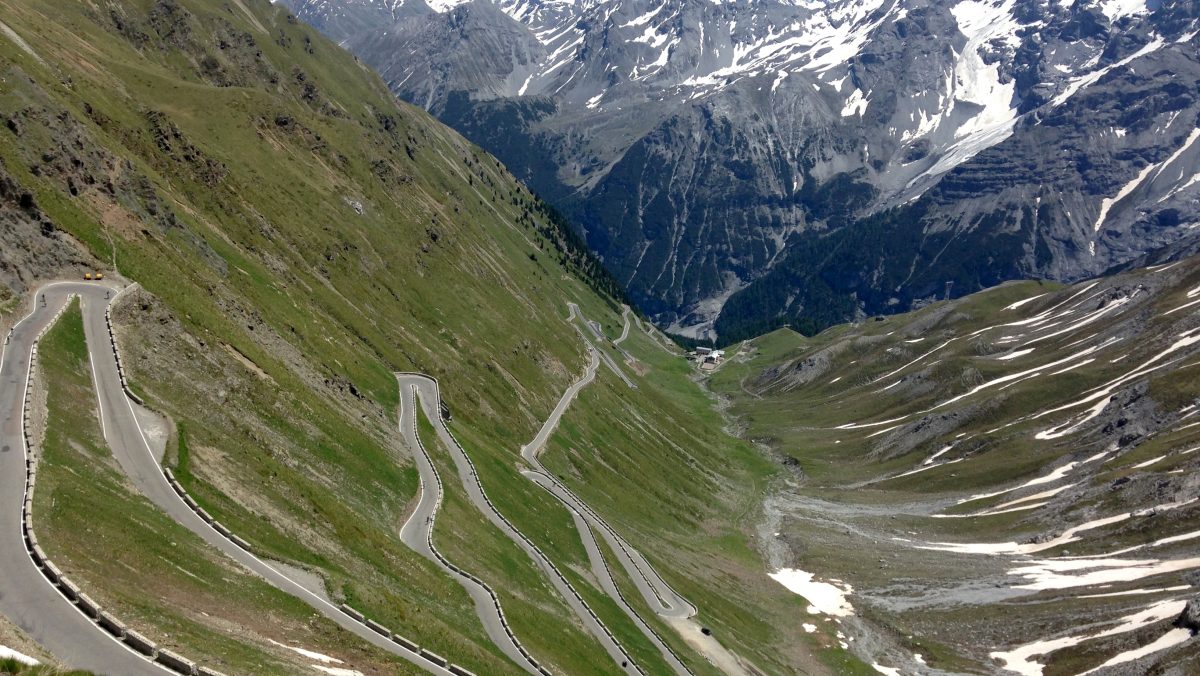
With the cycling season being over for a few months and the end of the year quickly approaching, it’s time to think about next year (or next season). What will you do to train so you can maintain your hard-earned fitness from the past season? What are the goals you’d like to achieve? Chris Carmichael shares his view about this topic in a recent post, “Cyclists’ Guide to Creating an Annual Training Plan.“
Try to Understand the Season that Just Ended
If you plan to spend time on a bike trainer through the winter months, or even if you intend to brave the elements and continue to ride outside, that time should mean something as part of your overall winter into spring training. The question is where to start? And what do you want to accomplish in the season ahead?
A good place to start, if you’re unsure, is to do as comprehensive review of the season that has just passed. In order to do that, review the data on your cycling computer (if you use one). It can tell you the following:
- Miles you rode
- Your overall speed
- Your average cadence
- Your average power
- Your Average Elevation Gain
- Your average calories burned
With this information on hand, you can then determine in what areas your performance lacked and needs to be improved. Then you ask yourself, did you achieve the goals you set for the season? And if not, what can I do or change to make sure I reach them this year?
If your goal is to improve those numbers in some fashion, make note of them in a training journal. If you don’t have a journal, grab a notepad and make some columns for your data. Heck, even an Excel spreadsheet could be useful.
Goals for Your New Season
Developing a new set of goals for an upcoming season can be difficult if you’re not clear about them. Again, if you have specific markers you want to achieve, write them down. That way you have a visual representation to which you can refer to keep yourself on track.
A good thing to keep in mind is these goals don’t have to be complicated. Additionally, your new goals don’t have to be directly related to cycling. They could be as simple as these things:
- Improve your nutrition and decrease or eliminate alcohol usage.
- You might want to focus on getting better quality sleep.
- Make sure you ride and train a specific number of hours/ days per week.
While these goals aren’t all related to cycling, in the end, they will impact your overall athletic performance. They might even help you to feel better physically overall so you can successfully do daily work projects and chores.
Cycling Specific Goals
Again, these goals do not need to be complicated. In fact, the easier you can make them, the stronger your chance you’ll reach those goals.
The Process phase Carmichael notes I’ve already talked about above. It can be almost anything related or unrelated to cycling you want to improve.
Performance goals, Carmichael says, are more specific objectives that you can easily control through training and adaptation. They could be climbing more during training blocks and climbing faster, riding more miles, riding three times a week, etc.
Outcome goals could be finishing a race or even winning it. But it could be even more simple than that. It could be achieving a milestone in weight loss, increasing fitness, successfully keeping pace with a training partner, etc.

Event-Related Goals for the New Season
If your goals for the new season aren’t internal milestones, or you feel it would be more of a struggle to stay focused on them, then perhaps you can think about events you’d like to complete.
Chris Carmichael suggests that if you have a slew of events you want to complete, try to focus on one at a time instead of gearing your training as preparation for a whole season.
A good way to approach this type of training is, if possible, to choose events that occur in blocks of time: event rides, cycling trips, or even weekly rides that are a few weeks, a month, two months, or even 6 months out.
That way you can build your endurance around the requirements an approaching event may ask of you. Then, in your additional training for other events, just add to what you’ve already completed. Sometimes, success is easier (and more satisfying) when we complete a part of the whole.
Last Thoughts
Whatever your training goals for the new year and season might be, make sure your plan has elements you can track. Make sure also they are things you will dedicate yourself to completing.
If you can muster the fortitude to stay on track, your overall sense of improvement (and effectiveness) as a cyclist will most assuredly show itself to you. But lastly, remember while working toward these goals to have fun with it and don’t overthink it.


